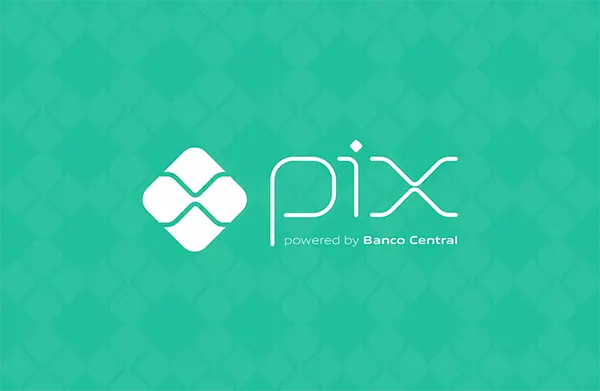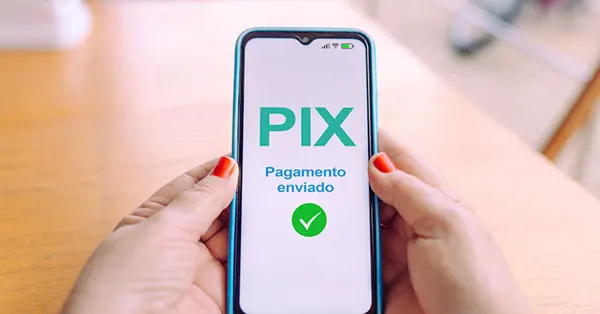
PIX in Brazil: Instant Payments and Online Casino Use
PIX, introduced by the Central Bank of Brazil in 2020, has transformed the payment landscape by offering 24/7 real-time transactions. With growing interest in its application beyond traditional commerce, a key question arises: can PIX be used in the online casino industry? In this article, we explore the current legal status, functionality, and potential use of PIX for online gambling, especially considering the evolving regulatory environment in Brazil as of June 2025.
How PIX Works and Why It Matters
PIX operates as an instant payment system that connects financial institutions and users directly through a central infrastructure. Transactions are completed in seconds using unique identifiers like email, CPF/CNPJ numbers, phone numbers, or QR codes. With no fees for individuals and high security, PIX has quickly become a national standard for personal and business transfers.
Its appeal lies in speed and convenience. Unlike traditional bank transfers that may require business hours, PIX transactions occur in real-time at any time of day, including weekends and holidays. This flexibility has encouraged broad adoption across Brazil, including by merchants, government agencies, and service providers.
In terms of security, PIX leverages Brazil’s national banking infrastructure, including fraud detection systems, biometric authentication, and encrypted data transfer. This creates confidence in the system among consumers and financial institutions alike.
Market Penetration and Public Adoption
As of mid-2025, over 150 million Brazilians are using PIX, and more than 90% of businesses in the country accept it as a valid form of payment. Monthly PIX transactions exceed 4 billion, making it the dominant method for both personal and commercial transfers. These numbers reflect a fundamental shift in how Brazilians view digital finance.
PIX usage spans all demographics, with particular growth among younger users aged 18–34. This age group is also the most active in online entertainment, including digital gaming and gambling, making PIX an attractive option for such sectors.
In addition to domestic popularity, PIX is also catching international attention. Some fintech startups in Latin America are exploring partnerships to replicate similar systems in neighbouring countries based on the Brazilian model.
Legal Restrictions and Gambling Regulations
As of June 2025, online gambling in Brazil remains in a state of regulated transition. Sports betting is legal under Law No. 13,756/2018, and additional frameworks for iGaming (such as online slots, table games, and live dealers) are expected to be finalised by late 2025. The National Secretariat for Prizes and Betting (SPA) oversees compliance and licensing.
Currently, PIX is not explicitly banned for use in online casinos, but its availability depends on whether an operator is licensed and compliant with Brazilian financial regulations. Licensed sites operating under local or international frameworks may enable PIX deposits and withdrawals, but this depends on the integration with regulated payment providers.
Operators based offshore without Brazilian licensing may face limitations. Since all PIX transfers are monitored by the Central Bank, unauthorised usage for gambling could trigger scrutiny or blockage of payments if flagged as suspicious under AML (Anti-Money Laundering) protocols.
Compliance Risks for Operators
Licensed casinos seeking to implement PIX must undergo integration with a Brazilian payment institution authorised by the Central Bank. This ensures legal compliance, proper transaction reporting, and fraud prevention. Failure to do so can lead to legal penalties and reputational damage.
Operators should also implement responsible gambling measures aligned with SPA regulations, such as deposit limits and self-exclusion options. These steps are crucial to build credibility and maintain access to financial channels like PIX.
Users, meanwhile, should verify whether the casino they choose is legally authorised to process PIX payments. Relying on unregulated sites may expose players to transaction failures, frozen funds, or legal complications.

PIX in Practice: Online Casino Integration
Some casinos targeting Brazilian players already offer PIX as a payment method through third-party gateways. These intermediaries serve as licensed facilitators, enabling PIX usage while complying with Brazilian law. Users benefit from fast, fee-free deposits and withdrawals, often completed in under 10 seconds.
Such integration improves user experience and trust. Players no longer need to wait for international wire transfers or rely on e-wallets with high fees. PIX also enables instant confirmation of bets and balance updates, which is crucial in fast-paced live casino environments.
However, success depends on technical compatibility and adherence to local financial regulations. Operators must ensure that back-end systems meet security and verification standards mandated by the Central Bank and SPA.
Key Benefits and Drawbacks
The benefits of using PIX in online casinos are clear: instant transactions, zero fees for users, wide accessibility, and trusted infrastructure. These features align well with player expectations in 2025, especially in mobile-first markets like Brazil.
Drawbacks include ongoing regulatory ambiguity and the risk of misuse by unlicensed operators. Since legal frameworks are still evolving, some banks may block transactions flagged as gaming-related if the receiving party lacks proper authorisation.
To maximise the potential of PIX, the gambling industry must work alongside Brazilian regulators, ensuring that integration is safe, transparent, and mutually beneficial for operators and users alike.
